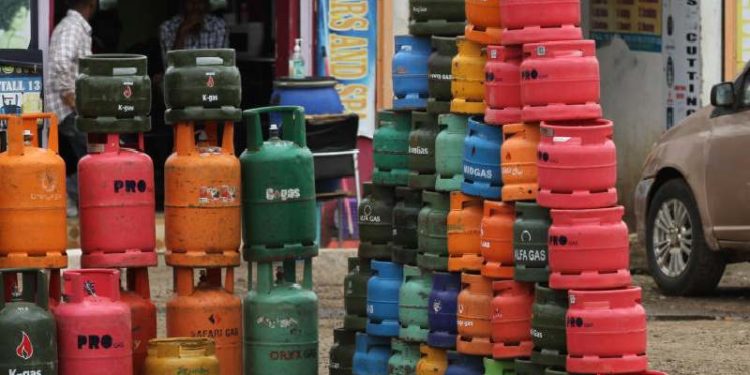With many reforms seeking to increase the tax base in the coming financial year as proposed in the Finance Bill 2023/2024, the proposed exemption of liquefied petroleum gas from VAT which is currently at 8%, has caught the attention of many. Considering that Value Added Tax (VAT) is applied at every stage of production and sale, this move means that the additional cost will be passed to the final consumer via higher retail LPG.
Just to elaborate further, VAT can either raise the total price of most final goods and services or cause a decline in the business revenues available to pay workers and investors. The low-income earners will be affected more by this move because they spend a significant amount of their total income on household consumption, which includes basic food commodities. This mechanism is referred to as the regressive mechanism of a tax.
Read more: Proposed Tax Reforms in The Finance Bill 2023
The tax burden as a share of income is highest for low-income earners and falls as individual income rises; thus, high-income earners suffer less burden from regressive taxes, so the move would not be as impactful on their side should prices rise.
In contrast to this, the government promises that the move to exempt suppliers of LPG from VAT is geared towards relieving taxpayers of the high burden associated with the current high cost of living by ensuring affordable LPG for consumers, especially in low-income brackets. The bill is currently in the final stages of implementation as Kenyans continue to raise their grievances about some of the proposed reforms in the bill.
Email your news TIPS to editor@thesharpdaily.com
















